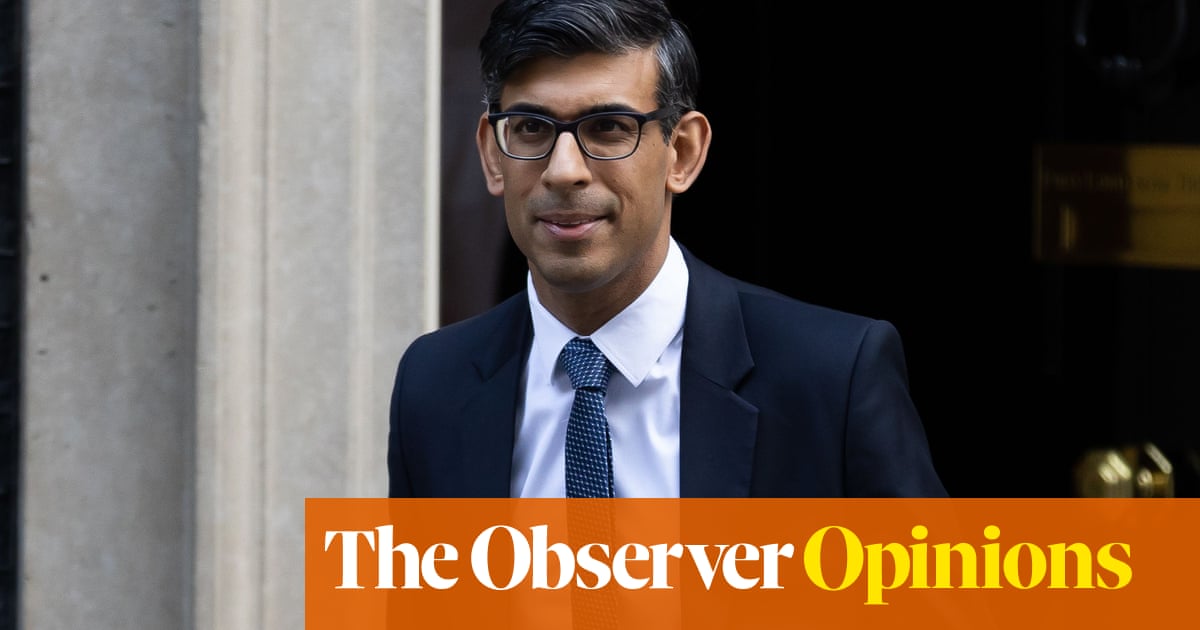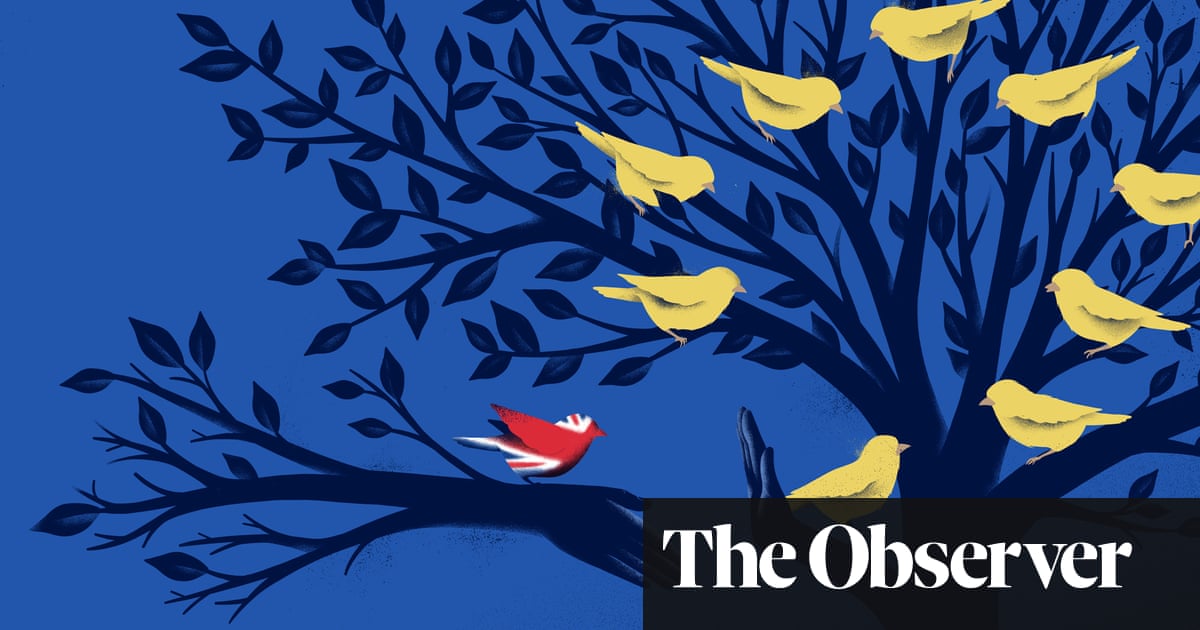
ast week, senior figures from government, business and civil society in the UK, EU, US, Canada and China participated in a Ditchley conference on UK-EU relations. Our aim was to articulate steps that each could take to nudge the new relationship into a better place. The fraught opening months of the post-Brexit trade deal show how difficult this process may be.
For this government, the EU is not a priority. It wants to focus on other parts of the world, not least the US and Indo-Pacific, as the recent integrated review made clear. Its other priority is domestic, on the post-pandemic recovery and “levelling up”.
Yet across the two days we convened, it became clear that the success and impact of “global Britain”, as the government has pitched it, very much depends on a more productive relationship with the EU.
The most obvious example is the UK government’s desire to burnish its credentials with the US. Joe Biden has been clear that he expects the UK to honour the treaties it has signed and do nothing to jeopardise the Good Friday agreement.
The UK also has a strong interest in working with the EU to elevate global climate standards. A political success at Cop26 in Glasgow in November would be a big vindication of the global Britain Boris Johnson wants to lead. Yet it can only realistically be achieved through partnership with the EU.
Another example is Britain’s ambition to catch up with the US and China on artificial intelligence. While Oxford University has one of the strongest computer science departments in the world, its ability to compete with other institutions, such as Stanford, could be improved by a student exchange and visa programme with the EU. This would enable the government to attract and retain talent from a large pool of students on the UK’s doorstep, while falling well short of its own red lines on free movement.
In each instance the influence, indeed very success, of global Britain would be enhanced by a more collaborative relationship with the EU. This in turn depends upon implementation of the Northern Ireland protocol.
Most importantly, the government should urgently reaffirm its commitment to the protocol, and end speculation it is seeking to undermine it by proving it can’t work. This requires David Frost, the chief EU adviser, to work through the withdrawal agreement joint committee with his EU counterpart, Maroš Šefčovič. Unilateral decisions will do nothing but damage trust and cooperation, which would severely undermine Britain’s goals.
Pragmatism from the EU is also needed. Its preferred solution to frictions on the Great Britain-Northern Ireland border is a veterinary deal on food, animal and plant standards. Yet the UK government is unlikely to agree, as this would limit the concessions it could offer on agriculture and hurt its ability to strike a trade deal with the US.
So other compromises need to be found. A start would be for the government to provide the customs data the EU has been asking for. This would demonstrate there are not substantial trade flows from Great Britain into Northern Ireland that then enter the broader single market. The existing scheme for determining whether goods will stay in Northern Ireland or not for tariff purposes could then be expanded, to allow for food products that remain in the north to be subject to reduced paperwork and inspections. These measures would not be a permanent solution, but could alleviate the scope and frequency of checks and reduce some of the frictions currently experienced.
If the government engages in this process with the EU to make the protocol work, it would build goodwill that could flow into other parts of the relationship.
For example, it now seems unlikely the government will embark on a “Singapore on Thames” deregulatory agenda, as some in the EU feared. The chancellor Rishi Sunak’s budget in February, in which he signalled an increase in corporation tax, actually did the opposite. More likely, regulatory “divergence” will occur because EU rules and regulations evolve and the UK chooses not to follow suit. After all, the government made no commitment to follow EU rules in perpetuity in the trade and cooperation agreement signed last December.
In these circumstances, the EU could still attempt to impose “rebalancing” tariffs if it believed the UK was gaining a competitive advantage. But if other parts of the relationship are working well, the commission is more likely to be judicious – as it should be.
Over a longer time horizon, other enhancements that would benefit both sides may become easier to strike, such as a deal on labour mobility, mutual recognition of qualifications or greater regulatory cooperation that enables more “equivalence” decisions and greater cross-border financial services trade.
Both sides should now seek to depoliticise their relationship and focus on technical fixes to the protocol to help their new relationship work. This will not be easy, given elections next year to the Stormont assembly and in France, as well as the suspicion in Brussels that the Conservatives see electoral advantage in taking a hard line with the EU.
That may be right. But global Britain’s success very much depends upon friendly relations with its neighbours. As this week’s row on vaccines highlighted, the government needs to find a constructive way to coexist with the EU, even if its priorities now lie elsewhere.
Mujtaba Rahman is the managing director for Europe at Eurasia Group












